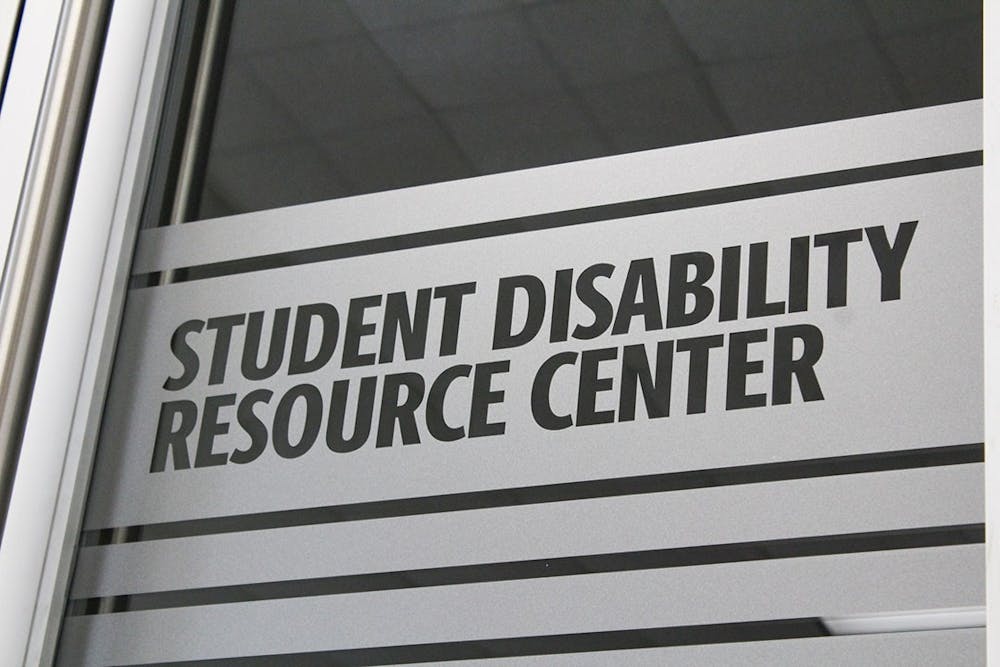The Student Disability Resource Center has been relocated to a new location in Close-Hipp Building, Suite 102. The new location allows the center to offer different student testing areas, study spaces and places to do group activities.
“I’m sure we’ll outgrow this soon because our numbers are growing as well, but yeah, it’s nice to have it in one big hub rather than trying to navigate, 'Go over here for this space,' 'Go over there for that space,'” Sonia Badesha, the director of disability services, said.
The Resource Center used to be split between two locations: LeConte College and the James F. Byrnes Building. Its new location in Close-Hipp is a bigger space with more student work areas, testing space and offices for the coordinators at the Disability Center.
"I just hope that students know that we exist and that we're here to support them," Sarah DeVenny, a disability resource coordinator, said.
The Student Disability Resource Center serves over 2,500 students, but received around 300 new applications during the month of August.
“We work with every department on campus. So all the faculty, at some point or another, will be working with us in some capacity," Badesha said. "Because our student numbers were growing, we needed the bigger space. We need to be able to accommodate not just students, but again, the faculty.”
The Center has four coordinators who deal with everything from learning disabilities, visual impairments, hearing impairments, dietary restrictions and any other disabilities which can inhibit students’ academic growth.
“We are there to help with students needs, because I know that students don’t know what they don’t know. And so oftentimes, when they’re struggling, I don’t think they realize what things can qualify for accommodations, or what things count for a disability. Of students who are registered, about 90% are hidden disabilities,” Badesha said.
Students who register with the Disability Center remain registered until graduation. Each semester, students have to notify the faculty of their accommodations and fill out testing request forms, if they want to test at the center.
“Accommodations are there and they’re available. As long as we know what’s going on as it’s happening, we can generally help the student with what it is. We’ll always do our best to do right by the student, to make sure they know what all their options are,” Badesha said.
Isabelle Borduas is a third-year social work major who has used the Disability Resource Center to get accommodations for being hard of hearing. The center has given Borduas extended testing time and preferential seating in her classes.
“I do appreciate all that they have helped me with throughout campus and that there are some very nice people working there,” Borduas said.
In the future, Borduas hopes to see the Disability Center not only provide professors the information required to give students with disabilities the correct accommodations, but also hold professors accountable throughout the rest of semester. Borduas specifically wishes more professors would remember to put on the subtitles for their zoom lectures.
“More accommodation training for professors would be super helpful," Borduas said. "I know a lot of professors just don’t even, especially, know too much about the disabled community and I really wish that was a bigger thing here on campus,” Borduas said.

